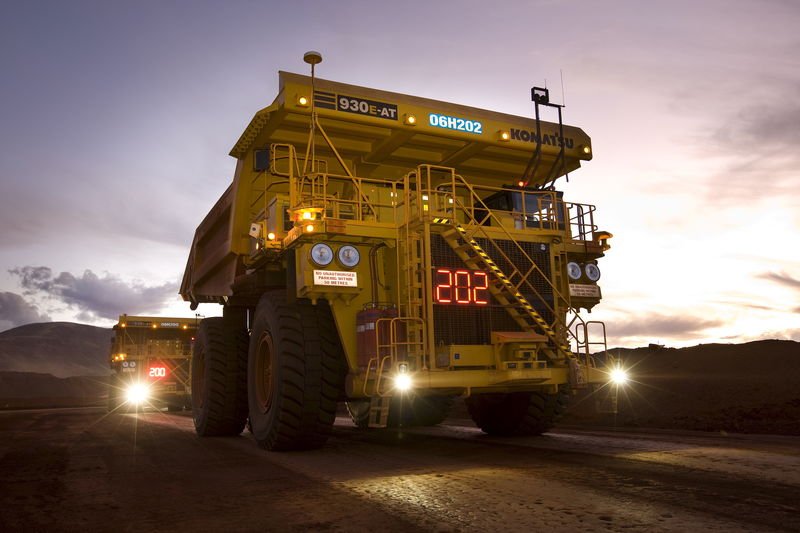As the U.S. presidential race unfolds, the possibility of former President Trump returning to the White House signals major policy shifts that could impact industries like machinery and construction. Analysts at Barclays have identified key areas where changes in trade, immigration, and regulatory policies under a Trump administration could reshape these sectors.
Tariffs, a significant issue during Trump’s first term, could once again become a central policy tool, potentially posing challenges for the machinery sector. Companies in this industry often operate with global supply chains and significant international sales exposure, particularly in agricultural equipment firms that rely on global markets.
The potential imposition of tariffs on imports, especially from major trading partners, could strain the machinery sector. However, industry players are now better equipped to manage and pass on costs compared to 2018. Companies have refined pricing strategies and developed mechanisms like tariff surcharges to offset cost pressures.
The prospect of restrictive immigration policies under a Trump presidency could present difficulties for construction and manufacturing sectors, where foreign-born workers play a crucial role in the labor force. With approximately six million immigrant workers employed in these industries, stricter immigration policies may lead to labor shortages, driving up project costs and wage inflation.
Regulatory policy shifts are also anticipated to have varied impacts. Trump’s stance on environmental regulation, including rollbacks, could continue in a second term, particularly affecting clean energy initiatives. Companies involved in renewable energy projects may face reduced support, while those in fossil fuel-based initiatives could encounter fewer regulatory obstacles.
Trump’s emphasis on permitting reform could benefit machinery companies engaged in infrastructure projects. Streamlined permitting processes could create more opportunities for new projects and facilitate growth through mergers and acquisitions.
With Republicans likely to control both chambers of Congress, certain Biden spending initiatives may face scrutiny. Projects tied to clean energy and technology may encounter challenges, impacting sectors reliant on public funding, such as machinery and construction firms.
Investors had anticipated a Trump victory but may be less prepared for a potential “red wave” scenario. While machinery companies are expected to handle trade-related cost pressures better this time, uncertainties around stimulus-backed megaprojects could rise with a GOP-led Congress.
Equipment rental companies, considered indicators of large project growth, may experience slower momentum if these projects stall. Certain construction firms could face risks from tightening immigration policies, affecting labor availability and project timelines.
Despite potential challenges, companies with diversified portfolios and strong regional ties, like MasTec, Vulcan Materials, Martin Marietta, and Arcosa, may be better positioned to navigate these shifts and benefit from state-level investments in transportation and construction.
While federal clean energy funding may face obstacles, state-level decisions signal a consistent demand for construction materials and equipment in specific markets, especially in the western and southern U.S.
following sentence:
“The cat chased the mouse around the house.”
Rewritten sentence:
“The mouse was chased around the house by the cat.”

